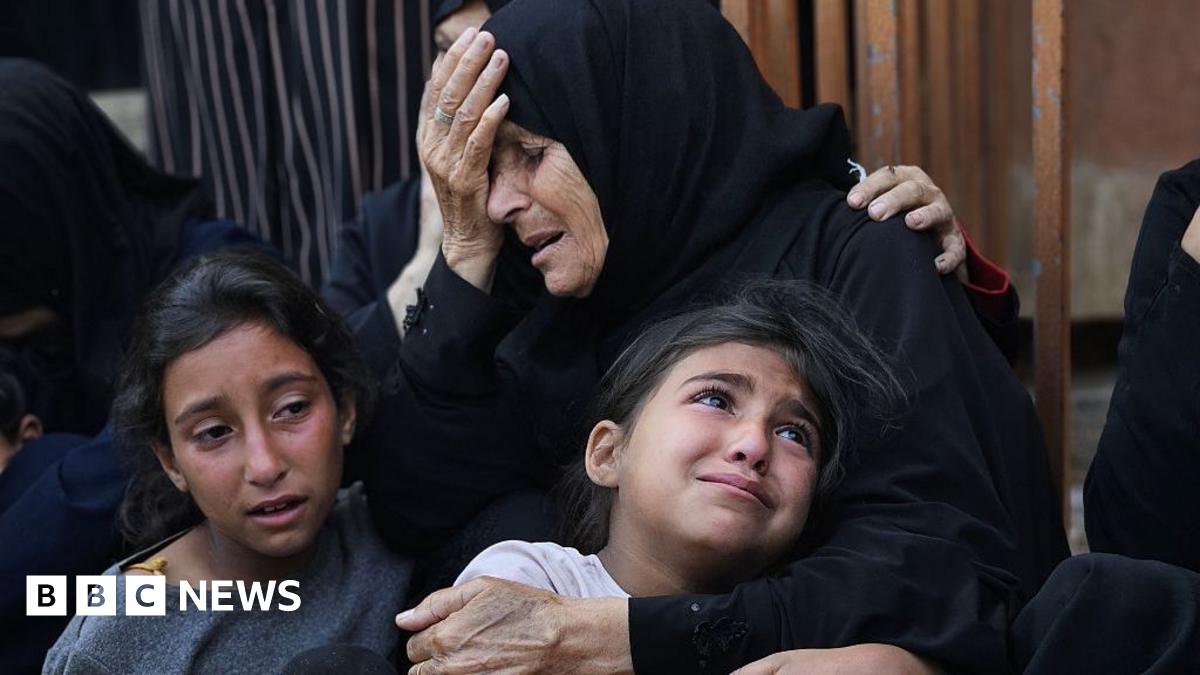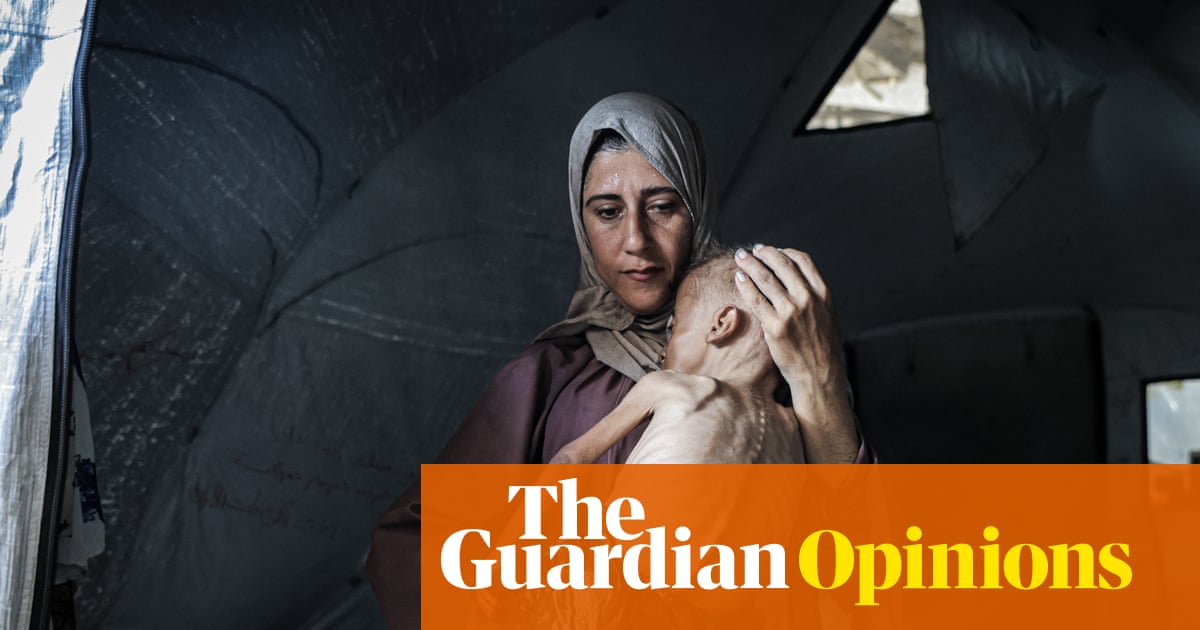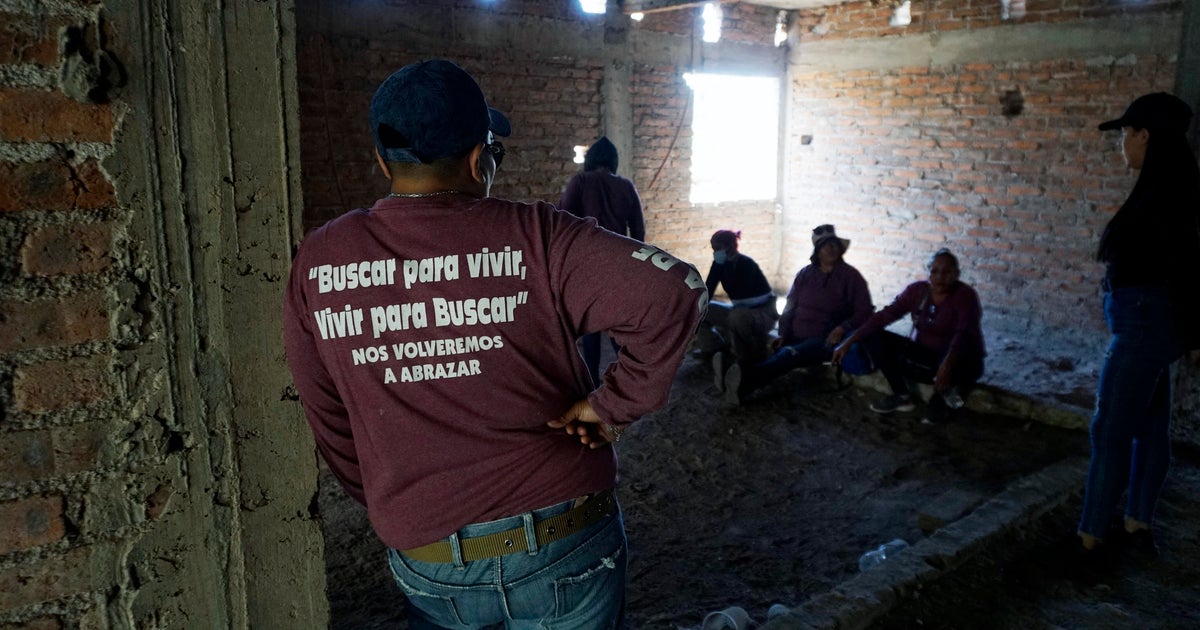'Whole Population on Brink of Starvation' in Gaza - World Food Programme

The dire humanitarian crisis in Gaza has reached alarming levels, with the World Food Programme (WFP) warning that the entire population is on the verge of starvation. Antoine Renard, the WFP representative based in East Jerusalem, recently conveyed these grave concerns during an interview with the BBC World Service's Newsday programme. He emphasized that the current measures in place, described as a 'temporary opening up' of aid, are woefully inadequate to meet the acute food needs of the Gazan people.
According to Renard, only a minimal number of trucks have been able to transport supplies from the Kerem Shalom border crossing into Gaza. This limited access is further compounded by the logistical challenges involved in distributing aid once it reaches the region. 'So far, only very few trucks managed to leave from Kerem Shalom and the platform that is in Gaza towards the Strip,' he stated, highlighting the inefficiencies that exacerbate an already critical situation.
In light of Israel's proposed changes to the aid distribution system in Gaza, which includes moving away from reliance on the UN for food assistance, Renard expressed his concerns. He underscored the necessity of maintaining the existing food distribution network, which has been vital for the survival of many families in the region. 'It is crucial that we allow the current systems to remain in place,' said Renard. He stressed that without sustained and large-scale humanitarian assistance, the crisis would deepen, leading to widespread starvation. 'Otherwise, we will not avert what is currently a whole population on the brink of starvation,' he warned, painting a bleak picture of the potential fallout if aid efforts do not substantially increase.
This situation in Gaza is not just a local crisis; it resonates globally as the international community grapples with the implications of such humanitarian catastrophes. The statements made by Renard reflect a growing consensus among humanitarian organizations that urgent action is required, not only to provide immediate relief but also to address the long-term dependencies created by ongoing conflict and instability in the region.























